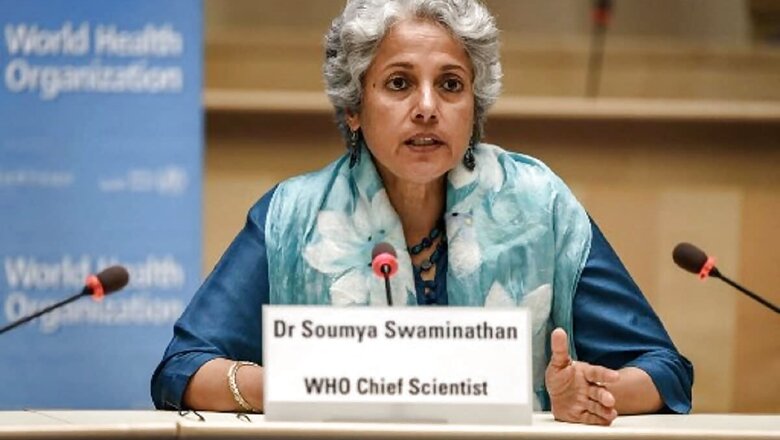
views
Nasal vaccines, which are being made in India, could be game changers for children. However, it may not be available this year, said World Health Organization’s chief scientist Soumya Swaminathan. The hope comes amid concerns over a probable third wave of the coronavirus pandemic hitting the children.
“Some of the nasal vaccines that are going to be made in India could be game changers for children — easy to administer, will give you local immunity in the respiratory tract,” Swaminathan, a paediatrician, said in an exclusive conversation to CNN-News18.
She, however, insisted that till then more and more adults, especially teachers, need to be vaccinated and schools be reopened only when risk of community transmission is low. “I am very hopeful that ultimately we’ll have vaccine for children. But that’s not going to happen this year, and we should open schools when community transmission is down. That’s what rest of the countries have done, with other precautions. And if teachers are vaccinated, that would be a big step forward,” WHO’s top scientist added.
The Centre on Saturday said children are not immune from the infection, but stressed that the impact is minimal. “If children get affected by Covid, either there will be no symptoms or there will be minimal symptoms. They do not require hospitalisation generally,” Niti Aayog (health) member VK Paul said during the press briefing of the Union health ministry.
He added that health infrastructure should be ramped up to treat Covid-19 among children, but it is most important to not let them become a part of the transmission chain in the first place.
Children account for about 3-4 per cent of hospital admission, in both India and the rest of the world, Paul said, adding special attention should be on those between the age of 10 and 12 years as they are very mobile.
Prime Minister Narendra Modi, in a recent meeting with state and district officials, had asked them to collect data on the infection transmission and severity among youth and children.
The US Food and Drug Administration also already given emergency authorization to the Pfizer-BioNTech vaccine for young people aged 12 to 17. Reports said two other vaccines are likely to be given emergency authorization for children in the coming months. Moderna is testing its vaccine in 3,000 children ages 12 to 17 and may have results for that age group within weeks. Johnson & Johnson in April also began studying 12- to 17-year-olds, a report in New York Times stated.
“There are many vaccine developers who have already started their paediatric trials, like the Pfizer vaccine is now approved for children over the age of 12 and trials in younger children are ongoing. It is expected that in a couple of months, Pfizer and Moderna vaccines will get approval. The AstraZeneca and other vaccines for younger people — there’s a slower development there because of the rare side effects noted in younger generation given the adenoviral vaccines. But certainly other classes of vaccine are coming on board,” Swaminathan said.
Pfizer also has plans to seek emergency authorization in US in September for children between the ages of 2 and 11, and results from Moderna’s clinical trial in children as young as 6 months are expected by the end of the year.
Recently, Canada, Singapore and the United Arab Emirates too approved the Pfizer-BioNTech Covid-19 vaccine for emergency use in the 12-15 age group.
Read all the Latest News, Breaking News and Coronavirus News here. Follow us on Facebook, Twitter and Telegram.











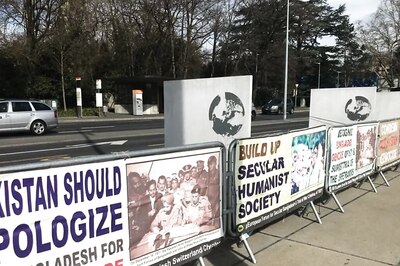
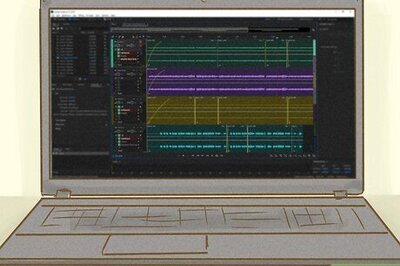

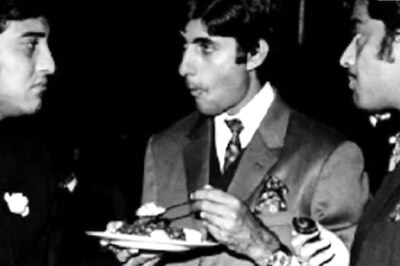
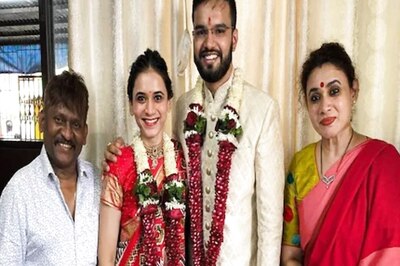
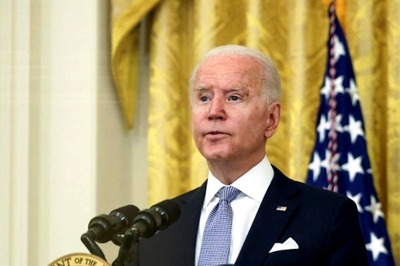
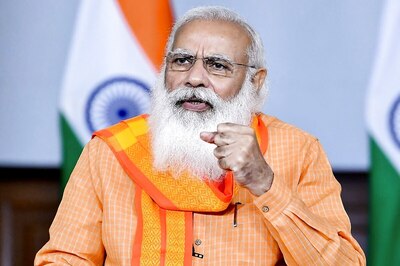
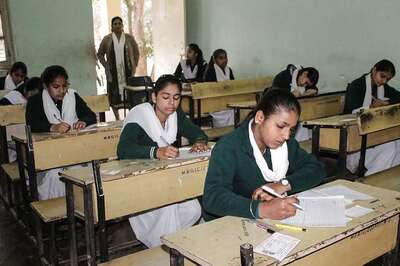

Comments
0 comment